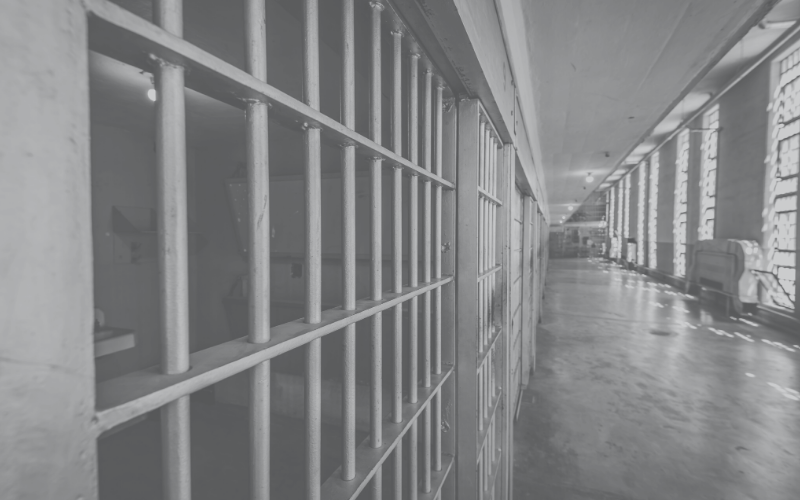Project context

The challenge of radicalisation and extremism
The issue of radicalisation leading to terrorism and violent extremism poses a challenge to the states’ security but also to fundamental values that lie at the heart of Europe: respect for the human dignity, freedom (including freedom of expression), democracy, equality, the rule of law and respect for human rights.
Radicalisation remains a priority for Europe as a result of the risk of returning foreign terrorist fighters, extremists in prison and the vulnerable period around their release.
To effectively respond to the issue, cooperation and partnerships must be promoted with Balkan, Southern and Eastern European countries due to their particular exposure to these and related threats.

The role of correctional settings in the radicalisation process
After the events in France, in early 2015, and attacks that followed in European soil, considerable attention has been given to the role of correctional settings – especially prisons – in the radicalisation process.
Moreover, there was a need to create a Balkan and South-eastern European learning hub on radicalisation themes. In fact, the Balkan region has been a hot topic, as underlined in several recent reports, such as the Ministerial Declaration on Preventing and Countering Violent Extremism and Radicalisation that Lead to Terrorism (MC.DOC/4/15), The Plan of Action to Prevent Violent Extremism (A/70/674), the EU Strategy for Combating Radicalisation and Recruitment to Terrorism 9572/17, The Berlin Declaration AS (18) D E – Resolution on Preventing and Countering Terrorism and Violent Extremism and Radicalisation That Lead To Terrorism, the EU Strategy for the Western Balkans (2018), and Joint Action Plan on Counter-Terrorism for the Western Balkans (2018).

Focus on radicalisation prevention
Focusing primarily on the anticipatory and direct levels, the “HOPE – HOlistic radicalisation Prevention initiativE” project strives to create a network that supports continuous training and knowledge sharing in the Balkan, Southern and Eastern European countries – A European Learning Hub on Radicalisation.
A network of training and research organisations, academics, prison, and probation systems that can intervene on radicalisation prevention and disengagement but also to improve the transition process between prison and/or probation systems and the community for those at risk of radicalisation or who have already been radicalised.
It will achieve this outcome by promoting a holistic radicalisation prevention initiative, focusing on offenders, front line staff and community organisations.

